
Vanderbilt University researchers have shown for the first time that the brain processes aggression as a reward – much like sex, food and drugs – offering insights into our propensity to fight and our fascination with violent sports.
“Aggression occurs among virtually all vertebrates and is necessary to get and keep important resources such as mates, territory and food,” Vanderbilt’s Craig Kennedy said. “We have found that the ‘reward pathway’ in the brain becomes engaged in response to an aggressive event and that dopamine is involved.” Dopamine is produced in response to rewarding stimuli such as food, sex and drugs of abuse and it now seems that it also serves as positive reinforcement for aggression.
The home mouse was then trained to poke a target with its nose to get the intruder to return, at which point it again behaved aggressively toward it. The home mouse consistently poked the trigger, which was presented once a day, indicating it experienced the aggressive encounter with the intruder as a reward.
The same home mice were then treated with a drug that suppressed their dopamine receptors. After this treatment, they decreased the frequency with which they instigated the intruder’s entry.
In a separate experiment, the mice were treated with the dopamine receptor suppressors again and their movements in an open cage were observed. They showed no significant changes in overall movement compared to times when they had not received the drugs. This was done to demonstrate that their decreased aggression in the previous experiment was not caused by overall lethargy in response to the drug, a problem that had confounded previous experiments.
The Vanderbilt experiments, reported in the journal Psychopharmacology, are the first to demonstrate a link between behavior and the activity of dopamine receptors in response to an aggressive event. “We learned from these experiments that an individual will intentionally seek out an aggressive encounter solely because they experience a rewarding sensation from it,” Kennedy noted. “This shows for the first time that aggression, on its own, is motivating, and that the well-known positive reinforcer dopamine plays a critical role.”
Related:
Bliss On The Brain
Parkinson’s Drug Sparks Gambling Fever
Drug Abuse Behavior Driven By Changes In Brain
Fine Line Between Pleasure & Pain

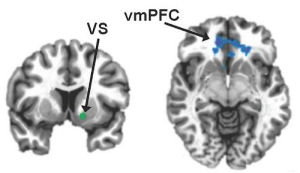
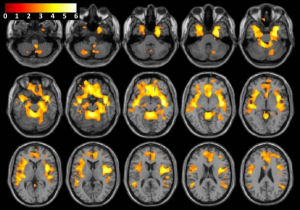






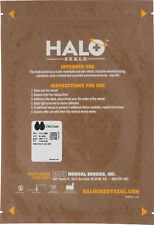
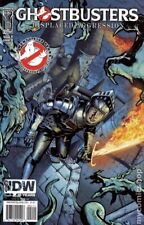


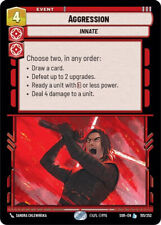




Comments are closed.